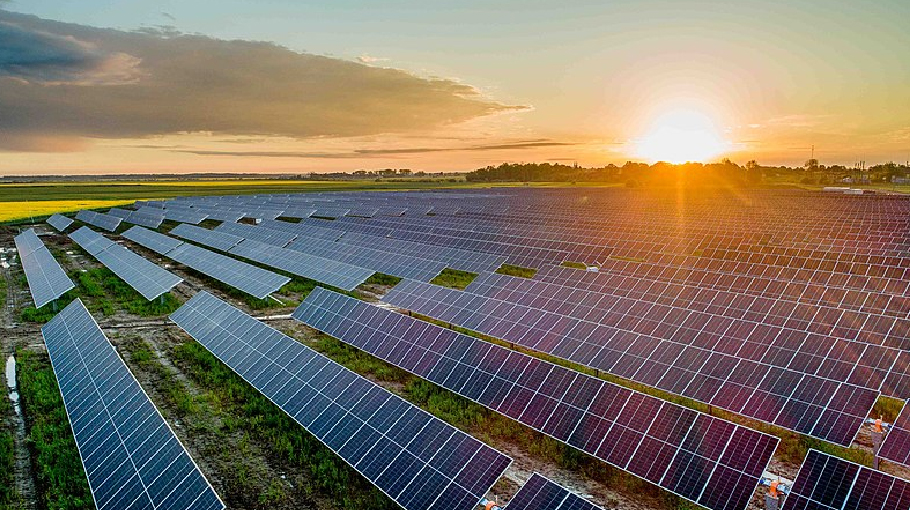More investment in green energy essential: Energy Adviser

Government plans to supply uninterrupted electricity at affordable price to all. In view of this the government has set specific strategies for massive development in the power sector.
“We have set strategies for our development in the energy and power sectors. We are striving for this development,” said DrTawfiq-e-Elahi Chowdhury, Energy Adviser to the Prime Minister.
The adviser was speaking at a seminar titled, ‘Investing in Green Energy Transition: Partnership Opportunities for Bangladesh and Europe’ held at a hotel in the capital organised by Team Europe Initiative Green Energy Transition.
While speaking at the seminar on Thursday the adviser said, “The energy transition means to rise from one level to another level. Europe has long been in one phase of growth and they are now rising to another level. But Bangladesh is a developing country and our goal is to ensure economic growth. There may be an evolution in energy here, but not a transition.”
“The annual per capita pollution of Bangladesh is less than one ton, where as in Europe, it is 7 to 15 tons. Currently Europe produces 200,000 megawatts of electricity with coal,” he added.
Stating that Bangladesh is not responsible for the environmental pollution, he said, “In order to make the energy transition effective, it is necessary to plan in the context of the concerned area or country. Investing the financing pledged in Cop 26 or Cop 27 in developing countries will yield good results.”
He said that nuclear power project is a clean energy. There is a need to have technology to clean up fossil fuels. There is also an opportunity to work together on floating solar.
State Minister for Power, Energy and Mineral Resources Nasrul Hamid said, “The government set a target to generate 40 percent of the total electricity from renewable energy. We have already decommissioned ten coal-based power plants and are exploring the possibility of solar-based renewable energy.”
“Technology-based investment is needed for sustainable development and energy system. Despite investment challenges, unconditional investment in the expansion of renewable energy and clean energy is essential. Coordinated and concerted efforts must continue to ensure a robust energy system,” he continued.
The state minister said, the government is progressing according to the plan in the expansion of clean energy. By 2030, some 3000 MW of electricity will be generated from renewable energy sources. Bangladesh has already reduced carbon emissions. Initiatives have been taken to reduce carbon emissions by 15 percent by 2030. The European Union is making a responsible contribution to climate change and the spread of renewable energy. Bangladesh needs technical assistance.
The State Minister said, “Bangladesh needs electricity for its economic growth and for this the government is examining the possibility of various investment opportunities. I hope that Team Europe's initiative on renewable energy will be fruitful for Bangladesh. Bangladesh will work with Europe to implement its strategy.”
EU Ambassador Charles Whiteley said, “Many countries in the world are facing green transition challenges. We have to overcome this challenge. Europe will help Bangladesh's green transition, with the support of investment, technical assistance and training facility. The energy sector of Bangladesh is currently receiving 130 crore euro assistance from Europe. These are provided through grants and loans on soft terms.”
Mohammad Shahriar Ahmed Chowdhury, Assistant Professor of United International University presented keynote paper at the event.
Among others, Swedish Ambassador Alexandra Berg von Linda, Sustainable and Renewable Energy Development Authority (SREDA) Chairmen Munira Sultana, Chiara VIDUSSI, delegation of The European Union to Bangladesh were also present at the event.




